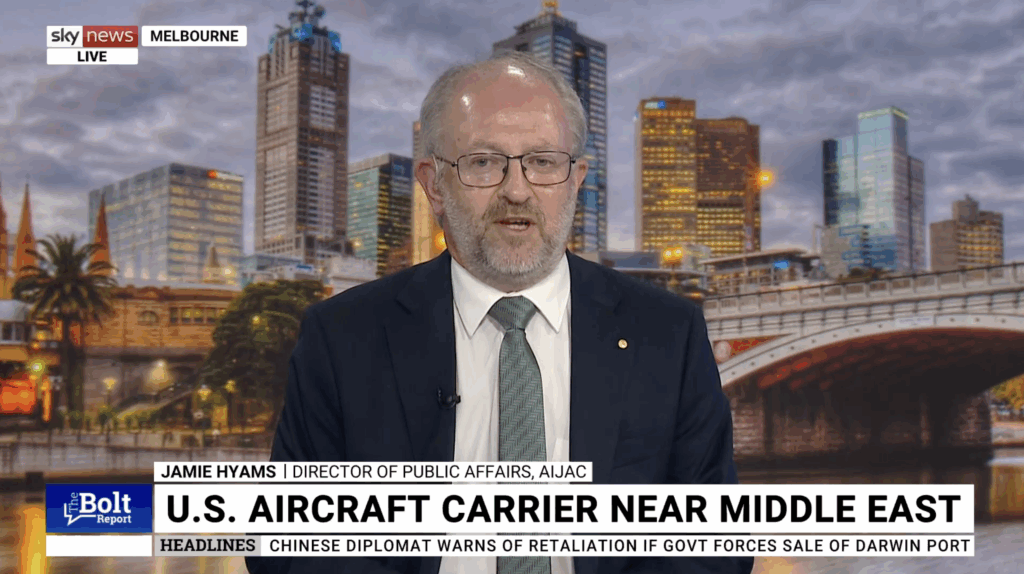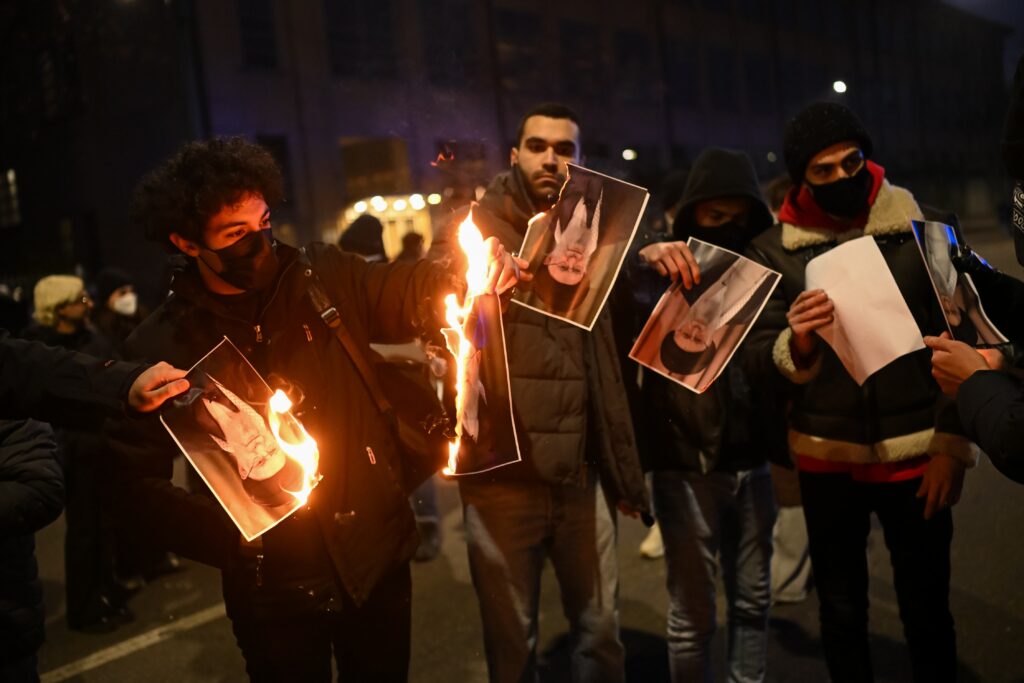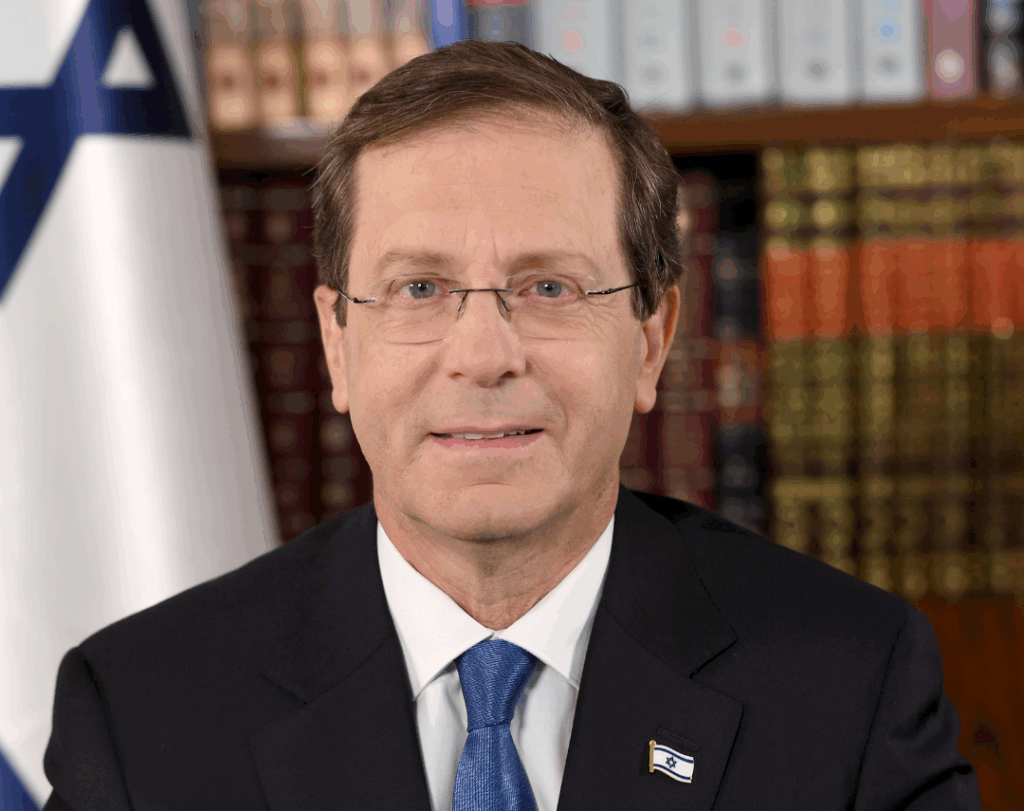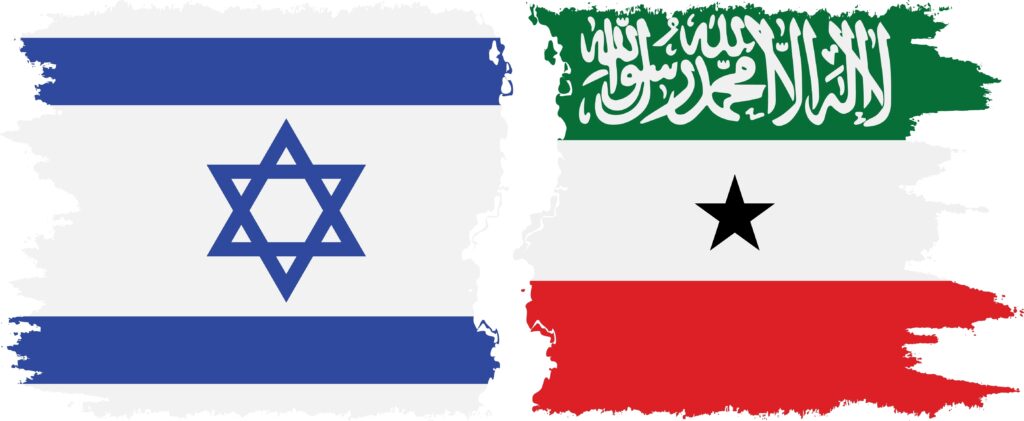IN THE MEDIA
Qatar’s divisive and politicised World Cup
December 21, 2022 | Judy Maynard
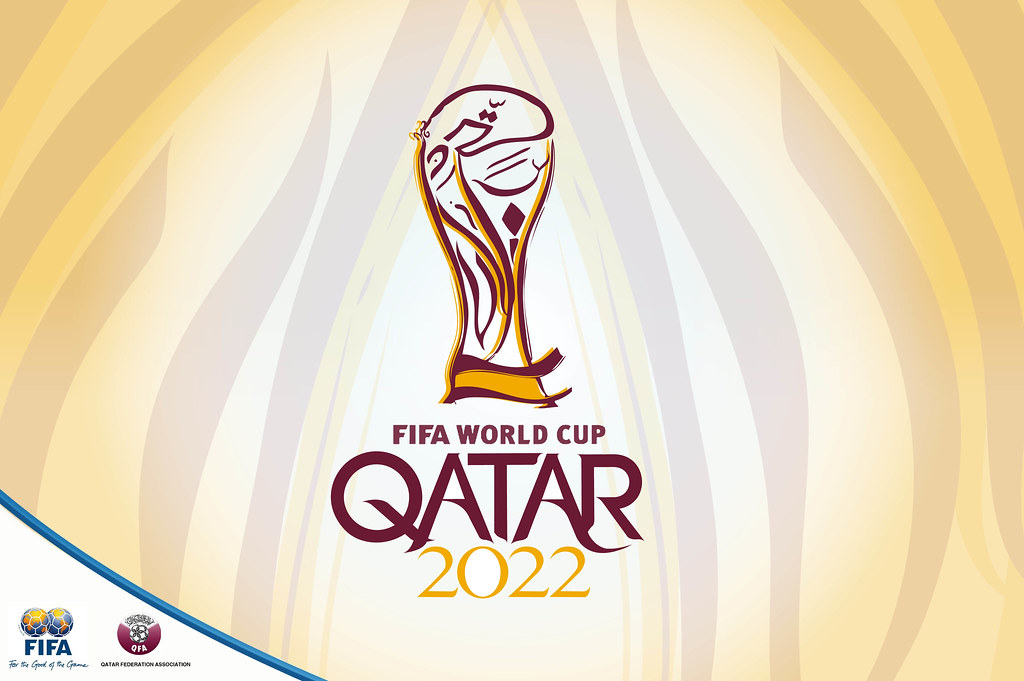
An edited version of this article appeared in the Daily Telegraph on Dec. 21, 2022.
“Football unites the world,” declares the website of FIFA, the sport’s international governing body. But the actions of Qatar, where the World Cup was contested, have rendered the tournament a divisive battleground.
Qatar’s Government may have thought spending some A$300 billion to stage the tournament would ensure a considerable return in prestige, but this looks to have been an expensive miscalculation.
The highly dubious manner in which Qatar secured hosting rights was already an international scandal, significantly worsened when attention focused on the state’s appalling human rights record.
If Qatar expected all would be forgotten once the tournament started, a series of own goals put paid to that.
Days before kick-off, fans learnt that alcohol would be banned at tournament venues, allegedly for security reasons.
Nor would cooked kosher food be available, nor Jewish prayer services allowed, the latter again because they couldn’t be secured, supposedly.
This apparent double-dealing by the Qatari Government has been outdone by its even more audacious double standards.
The country’s ruler, Sheikh Tamim bin Hamad Al Thani, had told the World Economic Forum in May that the desired impact of a sporting event such as the World Cup is “to achieve mutual understanding between different cultures and different backgrounds.”
“I’m happy,” he said “that we will unite the world and bring people together again.”
In light of the event to date, these comments are risible. Already this has been the most divisive and politicised World Cup tournament ever held.
When FIFA wrote to the competing teams ahead of the tournament, asking them to focus on football and not allow it “to be dragged into every ideological or political battle that exists,” it may not have realised that the host nation would prove the greatest offender.
Under the pretext of upholding a policy of not permitting political protests at matches, the pre-revolutionary flag of Iran, with a lion and sun in the centre, was banned, as was any other message on flags or clothing that was critical of the Iranian regime.
Also banned by security officials was anything bearing a rainbow insignia in support of the LGBTQ+ community. Homosexuality is illegal in Qatar and severely punishable.
Supporters who dressed up as England’s patron saint St George faced a stadium ban for “insensitivity”, although Qatari government-funded news organisation Al Jazeera tried to soften this latest blow to “mutual understanding” as being due, yet again, to “safety concerns”.
FIFA 2022 has been saturated with politics since the rights were awarded in 2010, and this has significantly intensified since the tournament began.
Whereas “ensuring safety” has been the recurring excuse for the failure to honour undertakings that would bring together people of different cultures, security is actively being used to promote political ends, undermining “unity”.
Yet the all-pervasive security has been absent when needed to protect Israeli fans and journalists who have been subjected to threatening and intimidating behaviour.
However, one Israeli journalist reported that security guards turned up to remove him and his crew from a beach after he had asked permission from a restaurant owner to film on his premises.
Disturbingly, it has been alleged that Qatar has been providing Iran with the names of Israelis visiting the country for the tournament, and assisting in the monitoring and arrest of Iranian dissidents.
Doha reportedly shared ticket holder information with the Iranian regime, and made, and upheld, a promise not to allow Iranian flags other than that of the Islamic Republic to be seen.
Footage of Iran critics being removed from, or denied admission to, venues, also seem to confirm these reports.
Videos show a woman wearing a t-shirt with the Iranian protest slogan “Women, life, freedom” being escorted out by a phalanx of security guards, and Iranian-Canadian citizen Farshid Babaei being violently arrested for wearing a shirt emblazoned with the lion and sun symbols.
Yet, with blatant hypocrisy, symbols associated with the Palestinian cause have been allowed to feature prominently, such as a huge “free Palestine” banner unfurled during Australia’s match with Tunisia, and armbands bearing a pro-Palestinian design on Qatari officials watching a game.
Qatari state-owned anti-Israel media organisation Al Jazeera even celebrated the platform that Qatar 2022 provided the Palestinians “to make their flag prominent.”
The host nation is clearly actively enabling pro-Palestinian activism at the World Cup through, for example, the Palestinian Dream campaign. Hafid Derradji, a sports commentator at the Qatari-funded global network, beIN SPORTS, encouraged people to join the campaign, tweeting “God willing, the flag of Palestine will be flying everywhere in Qatar. Normalization with Israel is betrayal, humiliation and a disgrace. Those who agree to it are cowards and those who justify it are stupid.”
For the many throughout the world who would prefer to see sport and politics kept separate, at the 2022 World Cup, thanks to Qatar, this remains but a dream.
Judy Maynard is a Policy Analyst for the Australia-Israel and Jewish Affairs Council
Tags: Al-Jazeera, Gulf states, Iran, Israel, Qatar, sport

